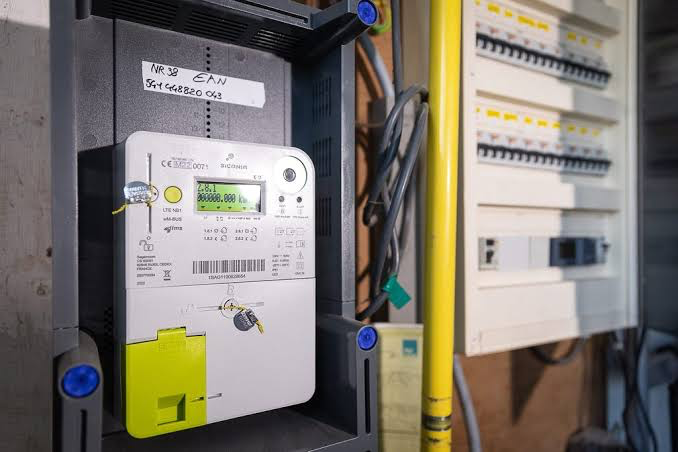In a devastating turn of events for Nigeria’s agricultural sector, approximately 30 hectares of cocoa farmlands in Abia State have been engulfed by fire, as reported by the Cocoa Farmers Association of Nigeria (CFAN). This calamity strikes at a particularly inopportune moment, coinciding with a significant surge in cocoa prices on the global market, which could potentially lead to a four percent decline in cocoa supply from Nigeria. The estimated loss of about 11,000 tonnes of cocoa pods during the mid-crop harvest season is a significant blow to the nation’s cocoa production, which typically yields between 280,000 to 300,000 tonnes.
John Kalu, the Abia State zonal chairman of CFAN, attributed the inferno to the practice of slash-and-burn agriculture adopted by farmers as a quick and cost-effective land-clearing method for the upcoming planting season. Unfortunately, this year’s dry harmattan winds have significantly exacerbated the spread of the fires, resulting in widespread destruction.
The timing of this disaster could not be worse, as it aligns with a period of heightened stress on the global cocoa supply chain. West Africa, which accounts for the lion’s share of the world’s cocoa production, has been grappling with extreme weather conditions, further straining the availability of this crucial commodity. The recent fire outbreak in Abia State is set to further constrict supply, potentially exerting additional upward pressure on international cocoa prices, which have already seen a dramatic increase. Over the past year, cocoa prices have soared, reaching a peak not observed in more than four decades.
This setback comes amid an otherwise lucrative period for Nigeria’s cocoa sector. According to the National Bureau of Statistics (NBS) Q3 foreign trade report, Nigeria garnered approximately N42.24 billion from cocoa exports during the quarter. The first nine months of 2023 alone witnessed Nigeria earning around N157.77 billion from its cocoa exports, buoyed by the soaring global cocoa prices due to the supply shortfall. This revenue stream has been critical for the country’s economy, especially against the backdrop of fluctuating oil prices and the ongoing efforts to diversify the nation’s income sources.
The incident in Abia State has underscored the urgent need for sustainable farming practices among cocoa farmers in Nigeria. The traditional slash-and-burn technique, while cost-effective in the short term, poses significant environmental and economic risks, as demonstrated by the recent fires. There is a growing consensus among agricultural experts and environmentalists that adopting more sustainable land-clearing methods could mitigate such risks, ensuring the long-term viability of cocoa farming in the region.
In response to this crisis, there are calls for both the government and the cocoa industry to collaborate on devising strategies to support affected farmers and to implement preventive measures to avoid future occurrences. This includes investing in education and resources for farmers to adopt more sustainable agricultural practices, enhancing fire prevention and control measures, and providing financial aid to those impacted by the fires.
The loss of 30 hectares of cocoa farmland in Abia State is not just a local tragedy but a national concern with potential implications for the global cocoa market. As Nigeria works to recover from this setback, the focus must be on sustainable development, resilience, and adaptation to ensure the future prosperity of its cocoa industry and the broader agricultural sector.


